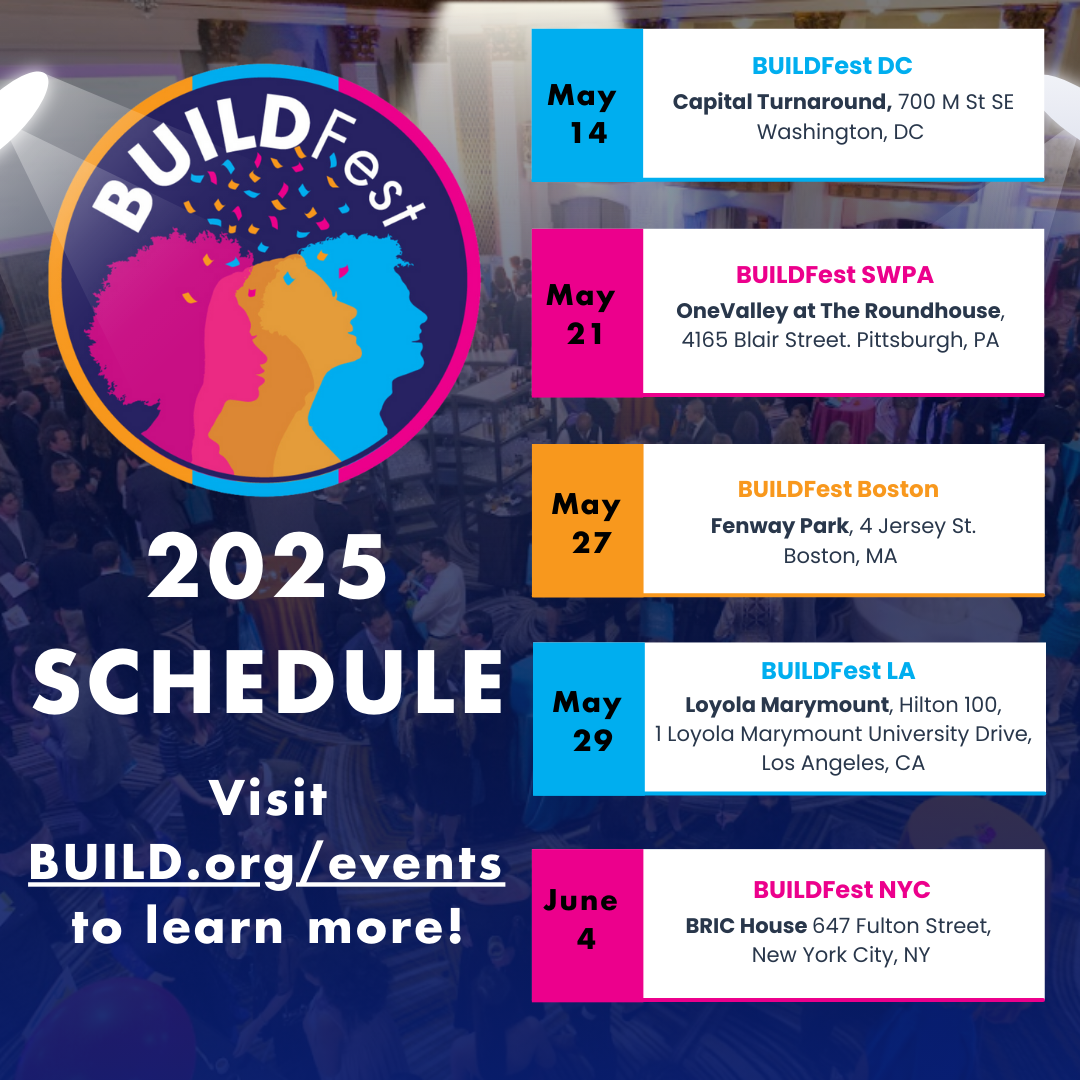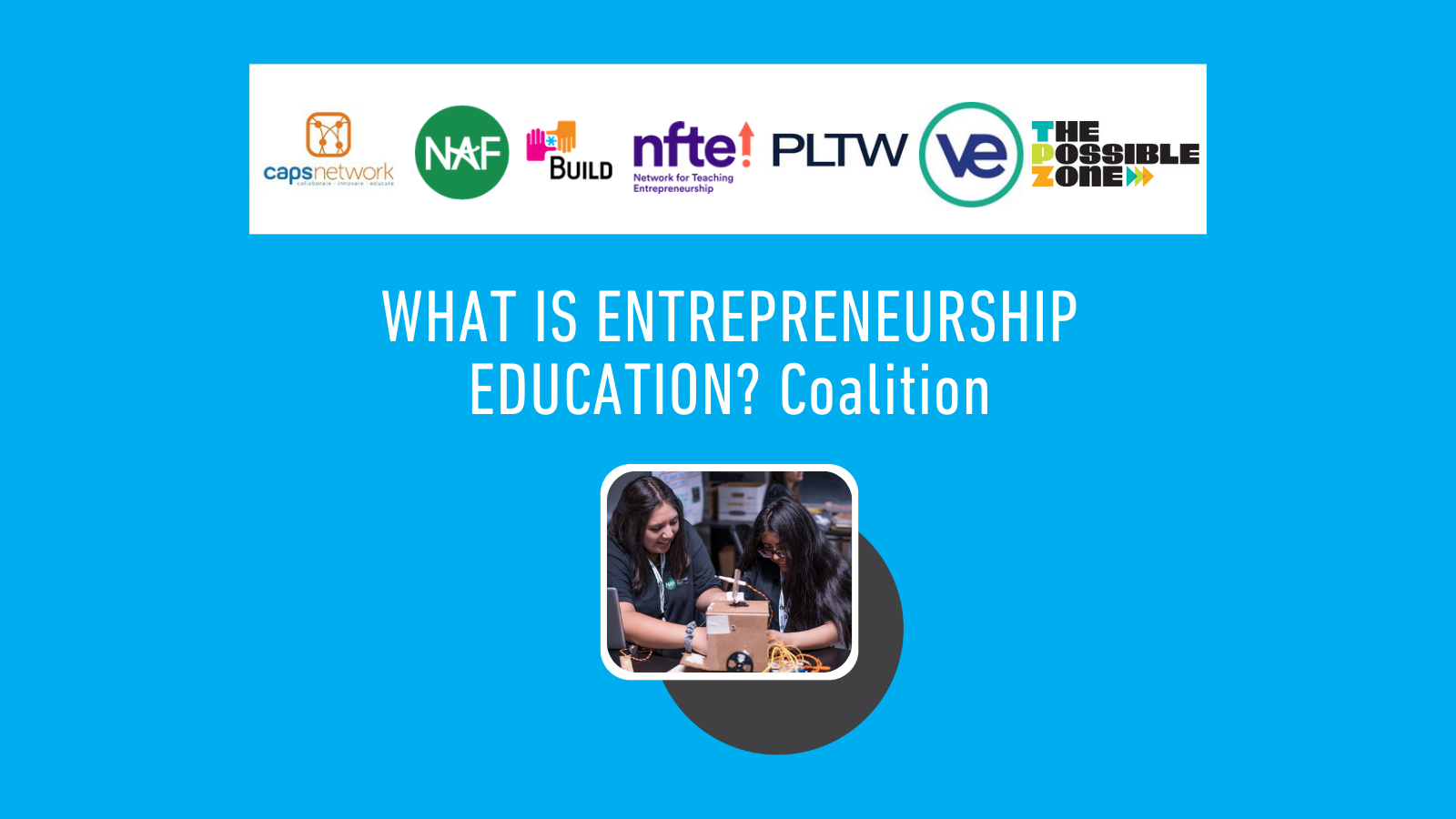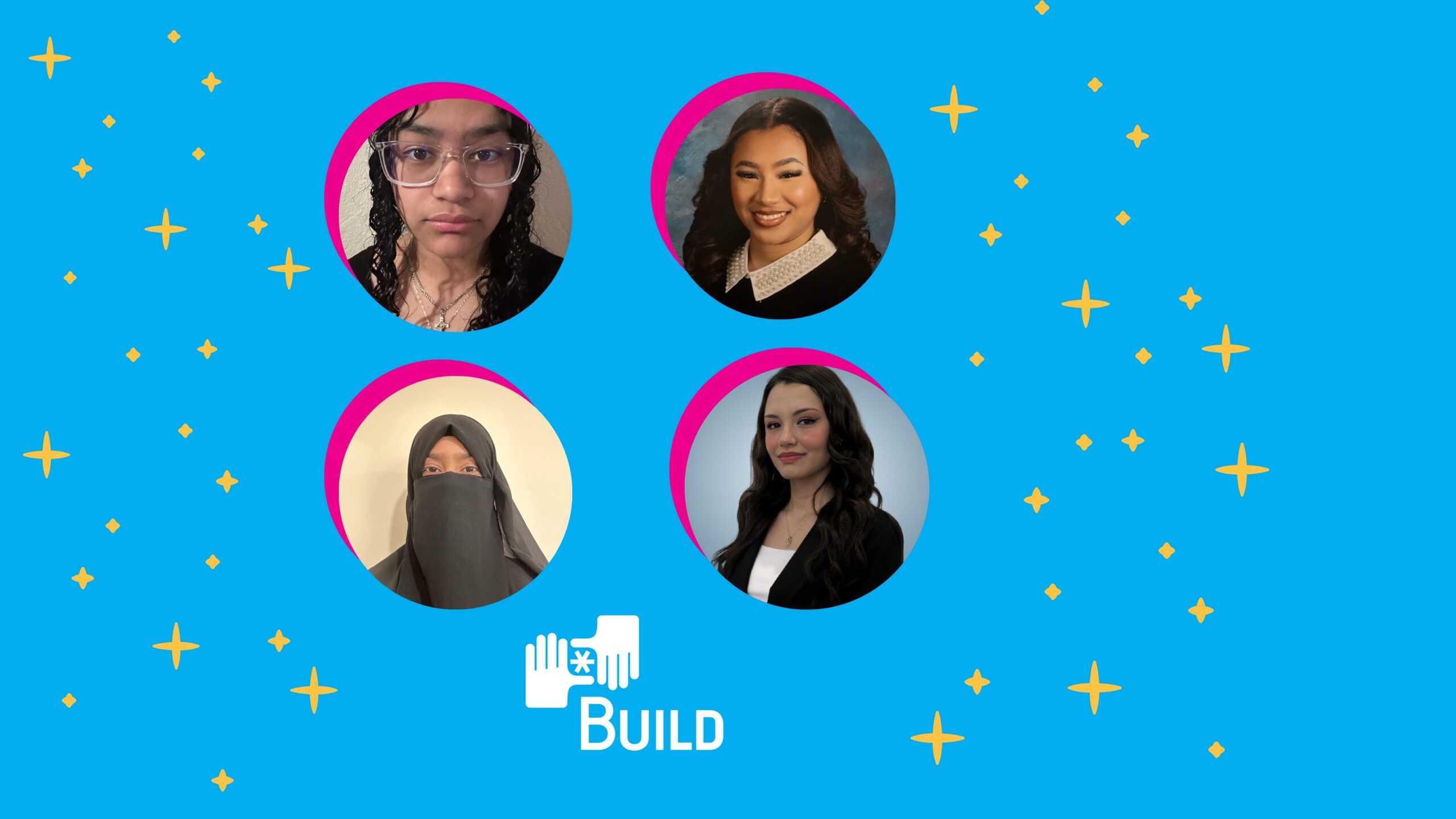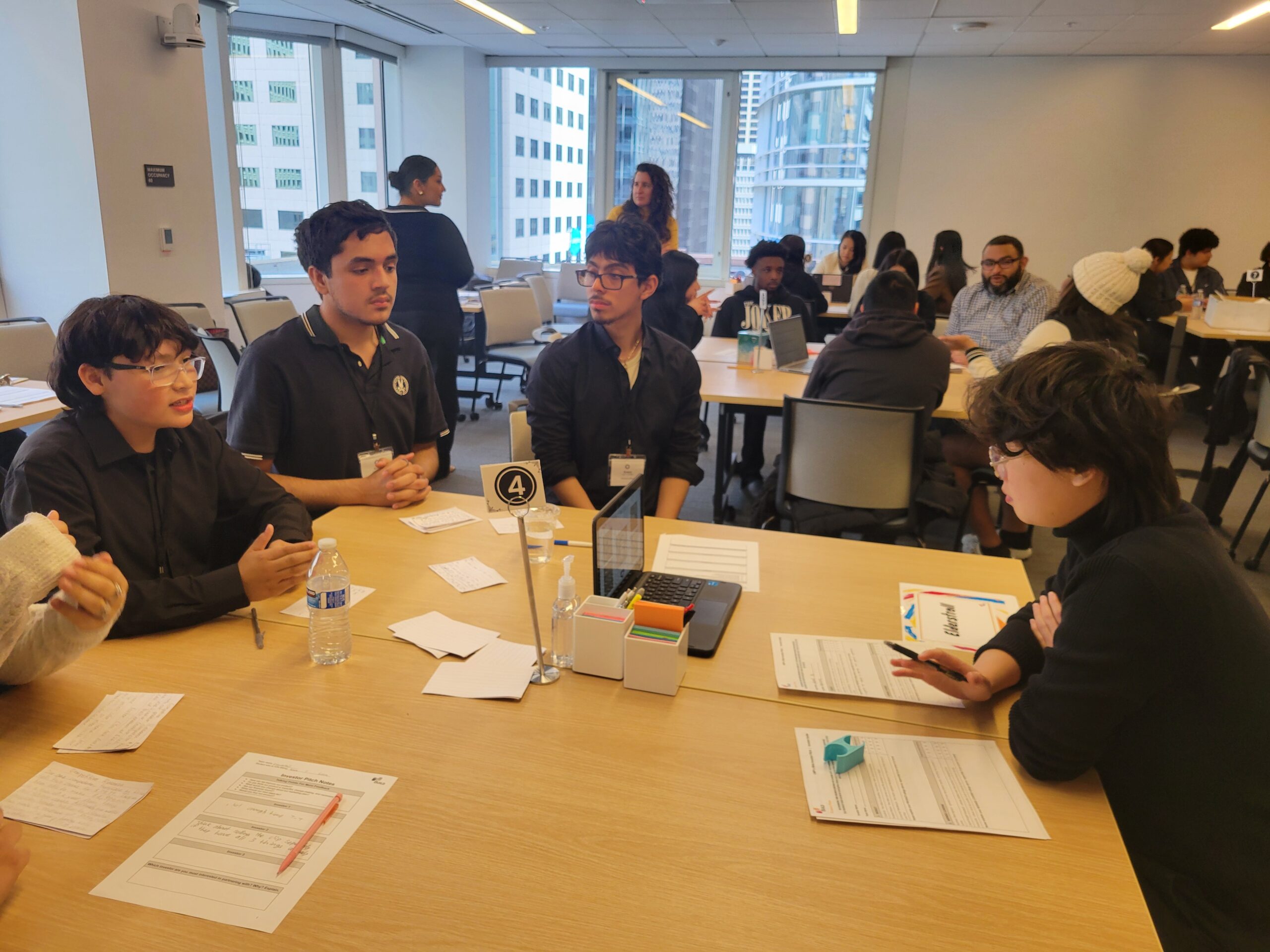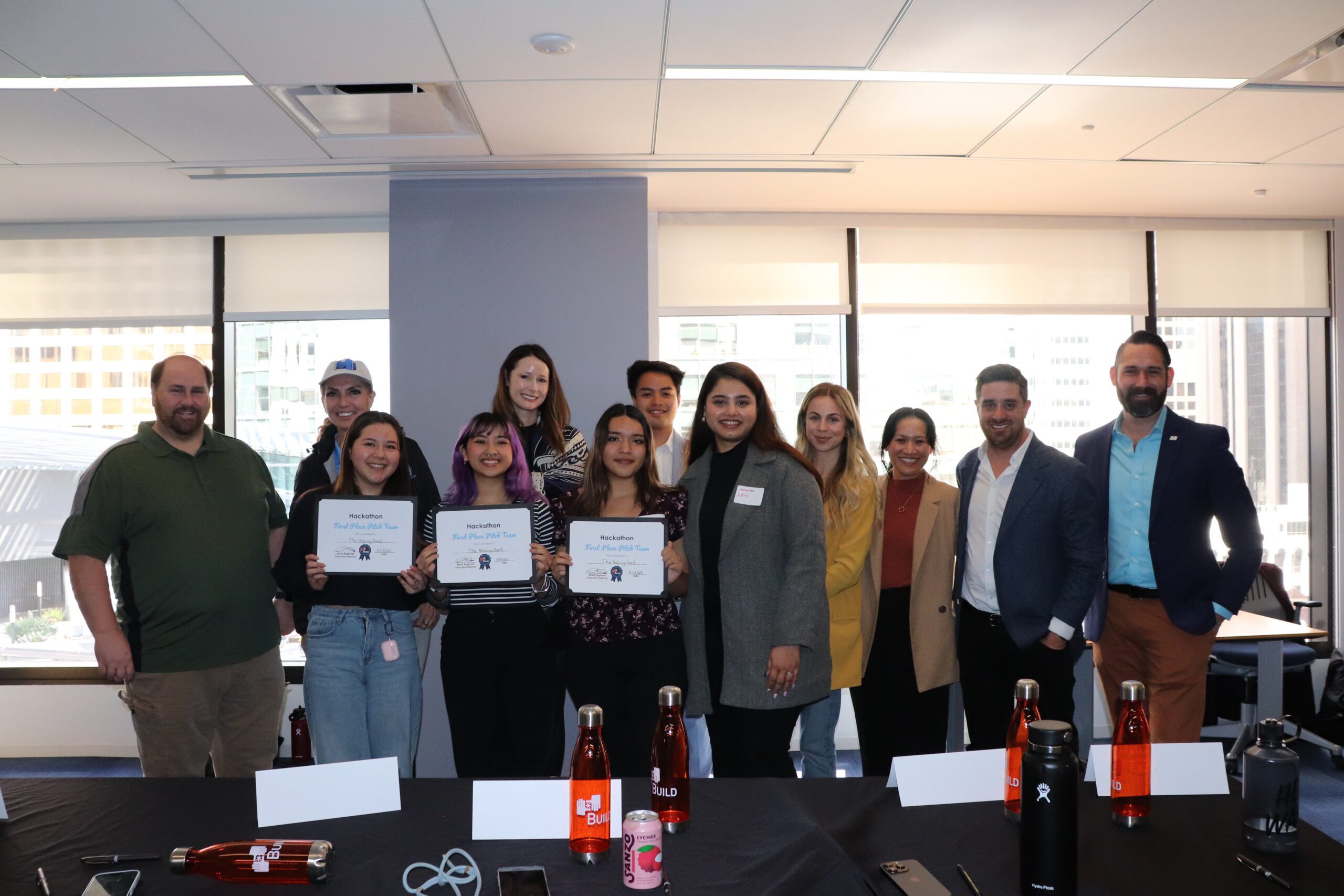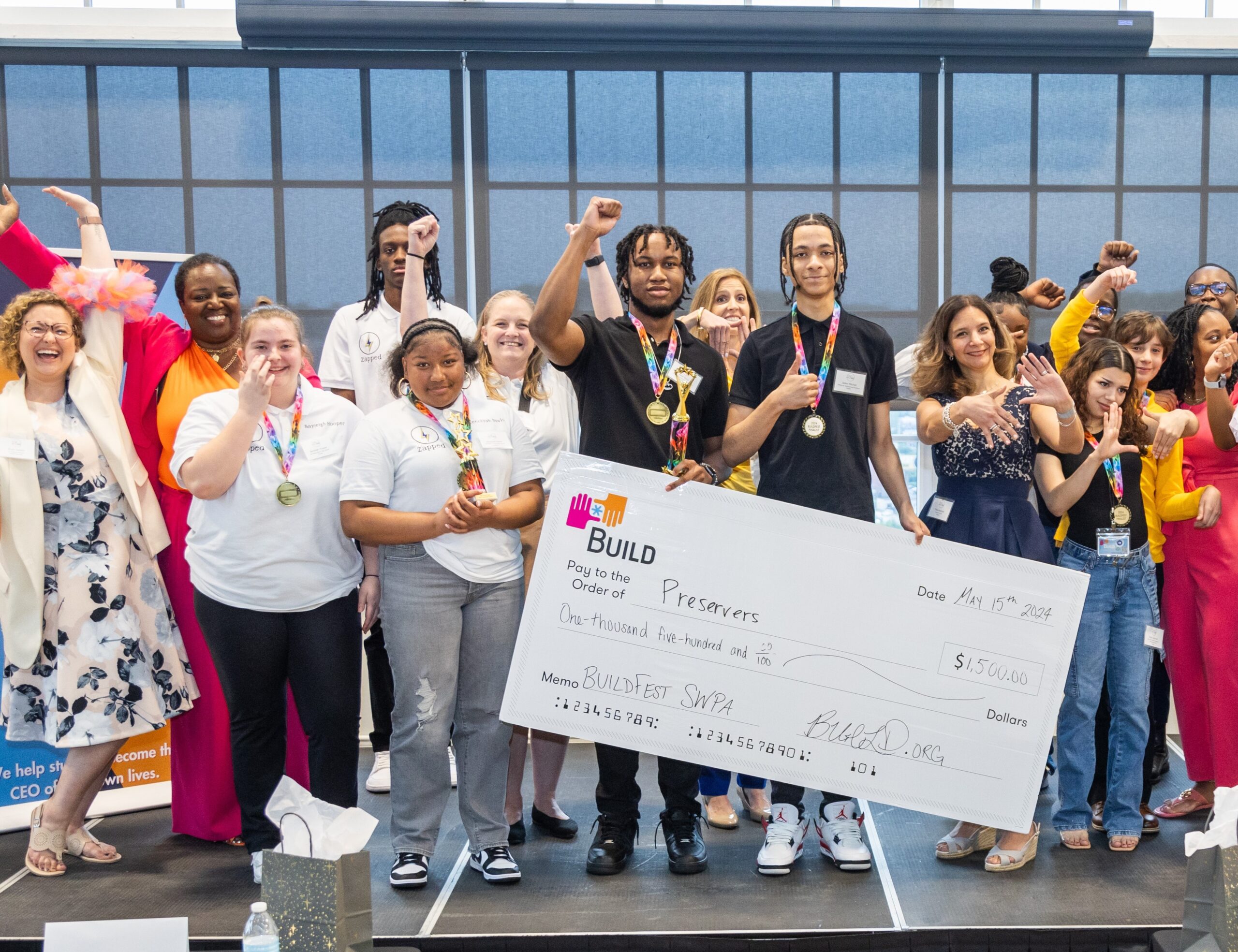
The Influence of Young Mentors at BUILD Boston
When Patrick Allen walked up to our team on the eve of January 18, 2010, at the BUILD night at MassChallenge in Boston, the fact that he was signing up to do a ‘mentor’ interview with us took a few minutes to sink in. I distinctly, remember thinking to myself – “he barely looks 18, he couldn’t possibly be a mentor at BUILD”. Turns out, Patrick is a junior at Boston College, and graduated from High School only three years ago! This interview promised to be interesting, for a couple of reasons. Firstly, what could be more appropriate than interviewing a student-mentor in Boston, the city with one of the largest and most vibrant college student populations? Secondly, most mentors we’d spoken to that night were around their 30s (at least!), it would be interesting to understand, from a young mentor’s perspective, about what they believed they could bring to the table for BUILD; and lastly, it would also be interesting to understand the motivations driving young achievers like Patrick to work with students who were very unlike him, i.e. disengaged, written-off as failures.
The interview lived up to its promise and much more. Here’s a brief account.
Tell us something about yourself.
I am studying Computer Science at Boston College. I am also an entrepreneur and focus in web technology and design. In the last two years, I’ve won the MIT 100K Executive Summary Contest (Mobile Track) and participated in the MassChallenge summer incubator program. Currently, I run CJR Business Solutions, a web-based software development shop that specializes in building minimum viable products (MVPs) for Boston-area startup companies. I am also the co-founder of LeaseDash and CityPenguin. In High School, I co-founded a non-profit organization and we raised $140,000 to install large solar energy systems in public schools.
So, between college, CJR and your other entrepreneurial interests,
when did you hear about BUILD?
I heard about BUILD last summer, through MassChallenge. I hadn’t heard anything about BUILD before, but when I did, I felt that this was a cause that I really liked and cared about. I loved the idea. I heard about what they do and I was like, yes, yes, yes!
BUILD targets high school students with the lowest chances of going to college, students who are disengaged, written-off by their schools, parents and peers.
Why is helping them compelling to you?
I’m a junior at Boston College, so I’m not very far out of high school myself. I went to a public high school where the graduation rate was pretty high and my school was also well funded. We had no problems with crime or drugs. But I remember hearing stories of student problems similar to the ones that BUILD is trying to avoid, which is so interesting to me. I noticed while I was in high school that students are apathetic towards many things, not just studies, but even life in general. The fact that BUILD targets underperforming schools and students from disadvantaged sections of society just makes it more challenging. In many ways, it doesn’t matter if BUILD enters the worst or the best performing schools. If you take any top ranking school or private school in the country, you’ll still find students who are completely apathetic and disengaged. These students may even graduate, but graduation’s not what the game is all about, right? What’s the point of graduating completely apathetic and unmotivated students? Today’s students will define our country’s future tomorrow and we cannot afford an apathetic generation of students. That is what is most compelling about the BUILD mission. BUILD attacks the problem at its root through entrepreneurship – generating curiosity, enthusiasm, and excitement among students by getting them involved in real-life entrepreneurial projects.
Tell us about the project and the team you are working with at BUILD.
My team’s company is called Flavor Wizards. Their product is a pen that stores sauces and seasonings and when twisted, it releases its contents. The target audience for this product would be people who bring their lunch to work. It’s handy and can be used on the go! They could even consider selling it to restaurants and cafeterias. I think it’s a really exciting idea.
What help does your team come to you for?
They are basically starting from scratch, and have no idea how a business works. I have been doing this for a while, so I assumed that it’d be easy to guide them. You tend to think that your own business experience will help you answer their many questions. But sometimes you have to kind of check yourself and do some homework before getting back to them with a final, concrete plan or answer. So it’s kind of cool in that respect, there’s definitely a lot that mentors take away from the BUILD experience. The questions that students ask include everything that you could possibly imagine, ranging from the technical side of how do we build this product to the financial side of how much will it cost and how much can we sell it for.
That is actually a tall order, how do you cope with it?
Well, you have to draw on your own experience and knowledge. There are also other mentors on the team that you can brain storm with. We’re also supposed to get together every 5-6 weeks with mentors from other teams and discuss challenges, techniques, etc. The BUILD staff itself is very talented and committed, ready to chip in with both advice and help. The difficult part is actually working with students in their freshman year and getting them involved, engaged and excited about their businesses.
Will you continue mentoring the same team next year?
I’m not really sure yet about how it works. If my current team wants to continue working with me, I’d love to. And that’ll also be a measure of how well I did my job. On the other hand, it would be cool to start again with a fresh bunch of students and a fresh bunch of ideas. We can use this year’s experience to help the next group of students. I’m excited about both possibilities.
BUILD’s ultimate goal is to ensure that its students graduate, and entrepreneurship is merely the hook. Does it make sense then to push the projects so hard? Does it really matter if their product doesn’t work?
I think that it’s definitely worthwhile to push them harder to do business. It’s important to make them take it very seriously and help them really take their businesses off the ground. And that is our job as mentors and that’s what we’re here for. I think it’s an exercise worth really pushing for. My entrepreneurial experience in high school is the reason why I’m doing what I’m doing today. And that’s the other key piece. I take their project as seriously as possible and whatever they say is exactly what we end up doing. They actually get a decent amount of money to build their products, which automatically lends the project a certain level of seriousness to it. It’s not merely a simulation, so taking it seriously is very important.
How is it to mentor students not much younger than you?
Is it challenging, easier?
It’s both easy and tough being a young mentor. Tough because it’s difficult to exert authority and even tougher to win their respect because I’m not much older than them. But it’s also easier because I’m closer to the high school experience. I was in high school just 3 years ago, so I’m not very distanced from it. I know how to break the ice with them. They can identify with me, and I can understand some of their problems better.
Are you in this for a long haul?
I think so, yes! This ties back into why I’m with BUILD. The reason why I’m doing this is different from that of a lot of other people. Everyone is here for the right reasons, but we are all different. I still distinctly remember the apathy of many high school students – towards their education, their careers, their futures. Thanks to entrepreneurship, my experience was very different and it can be for others too.

